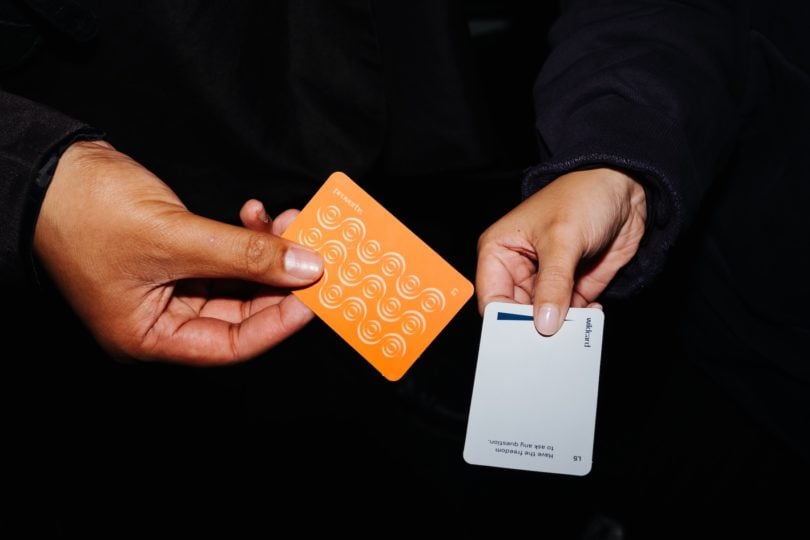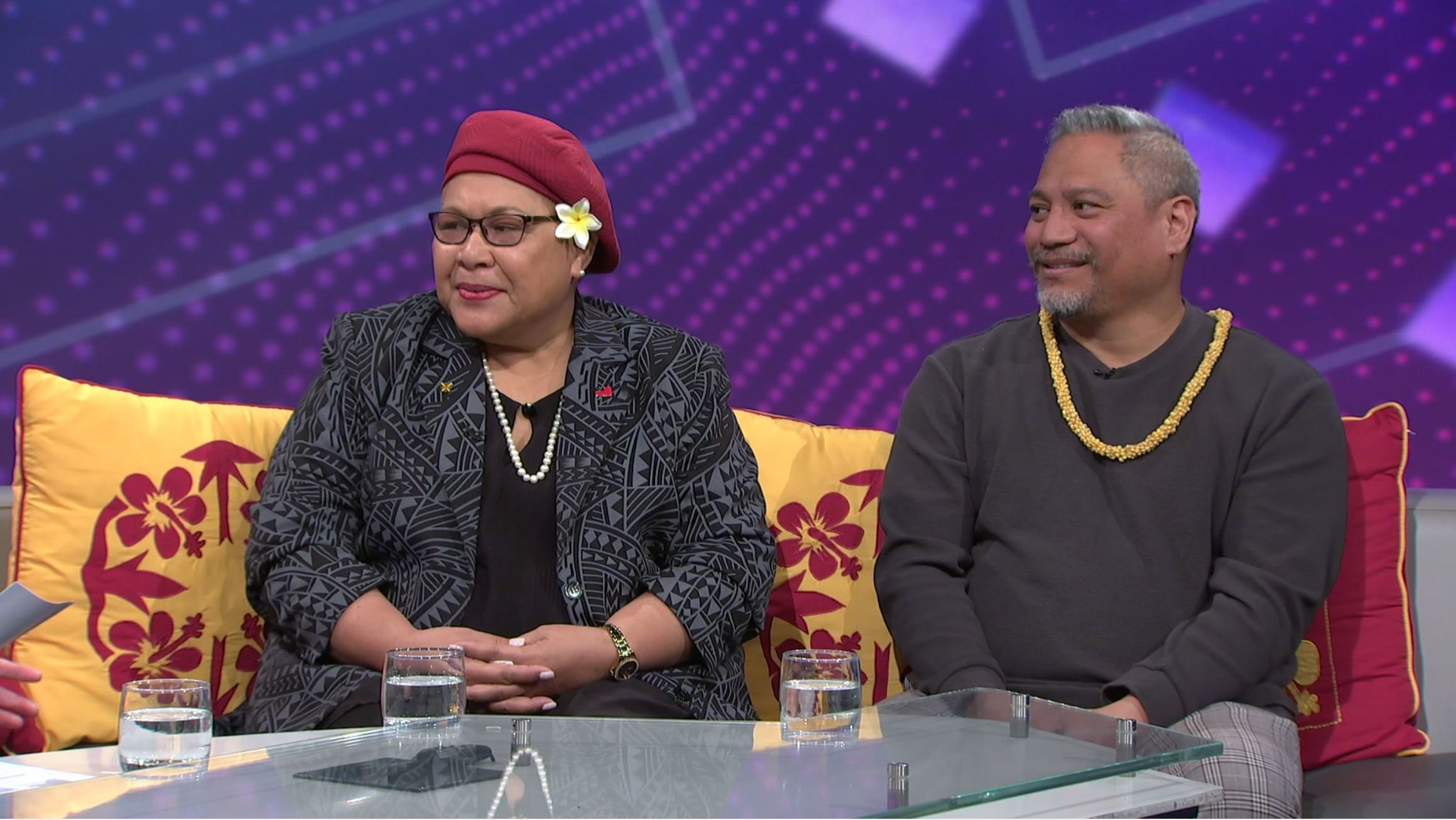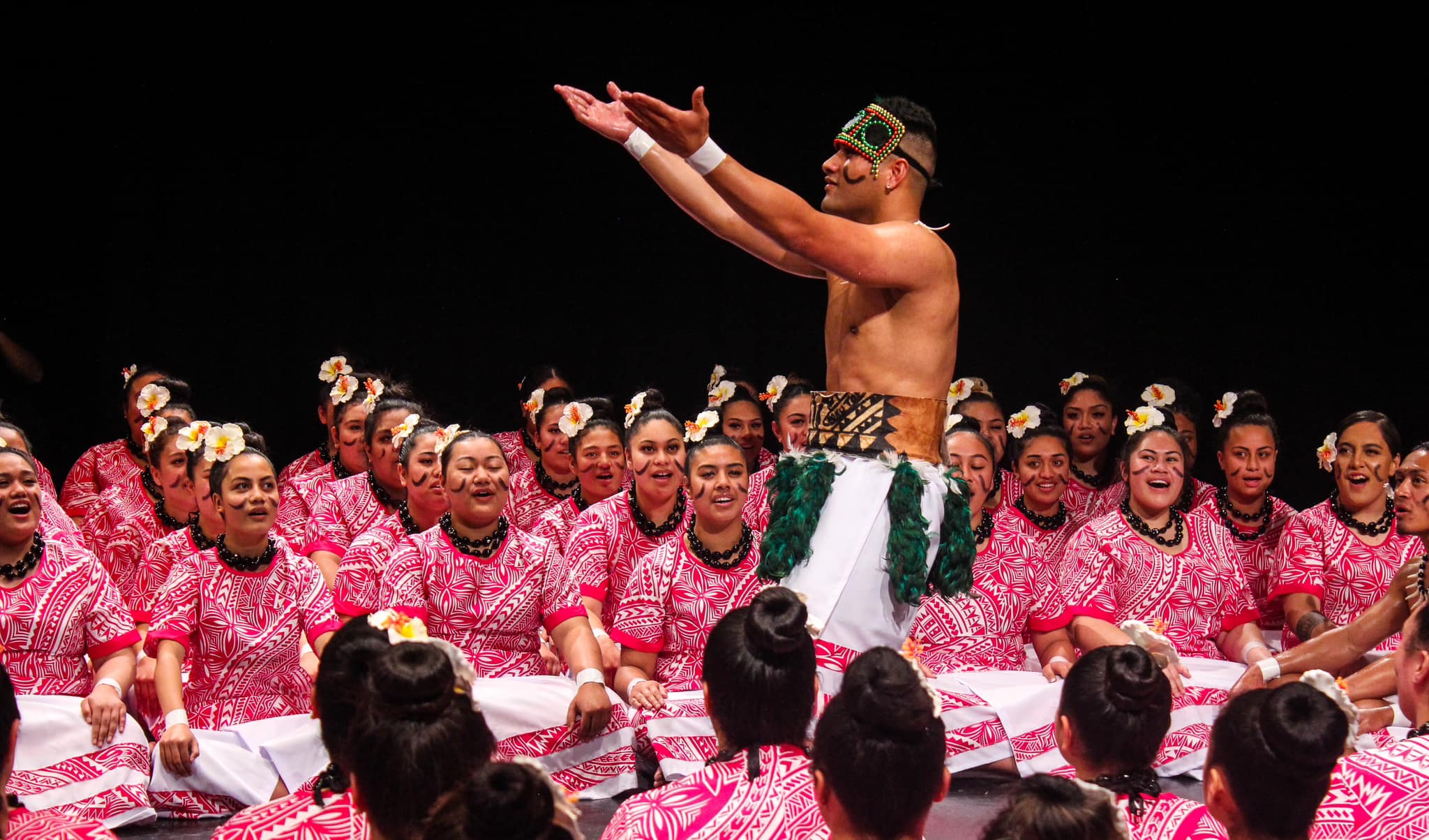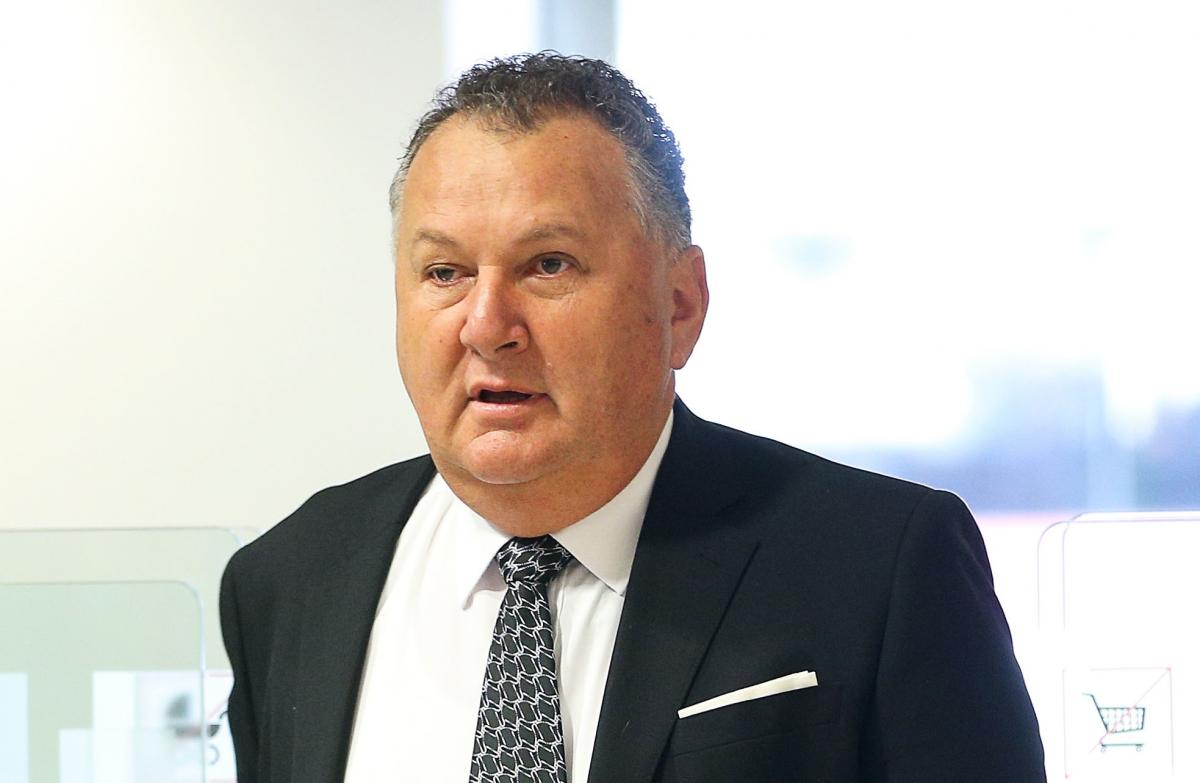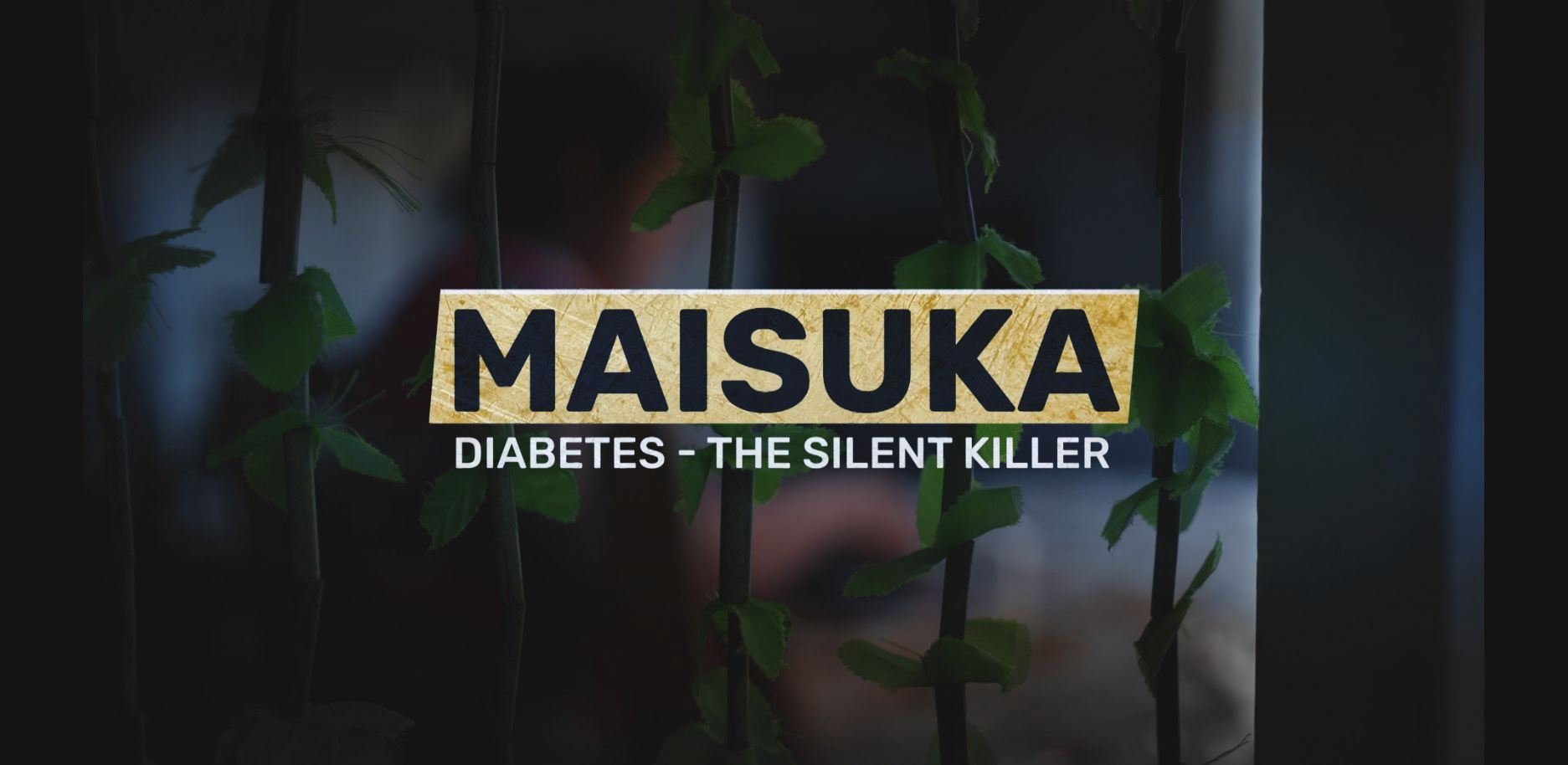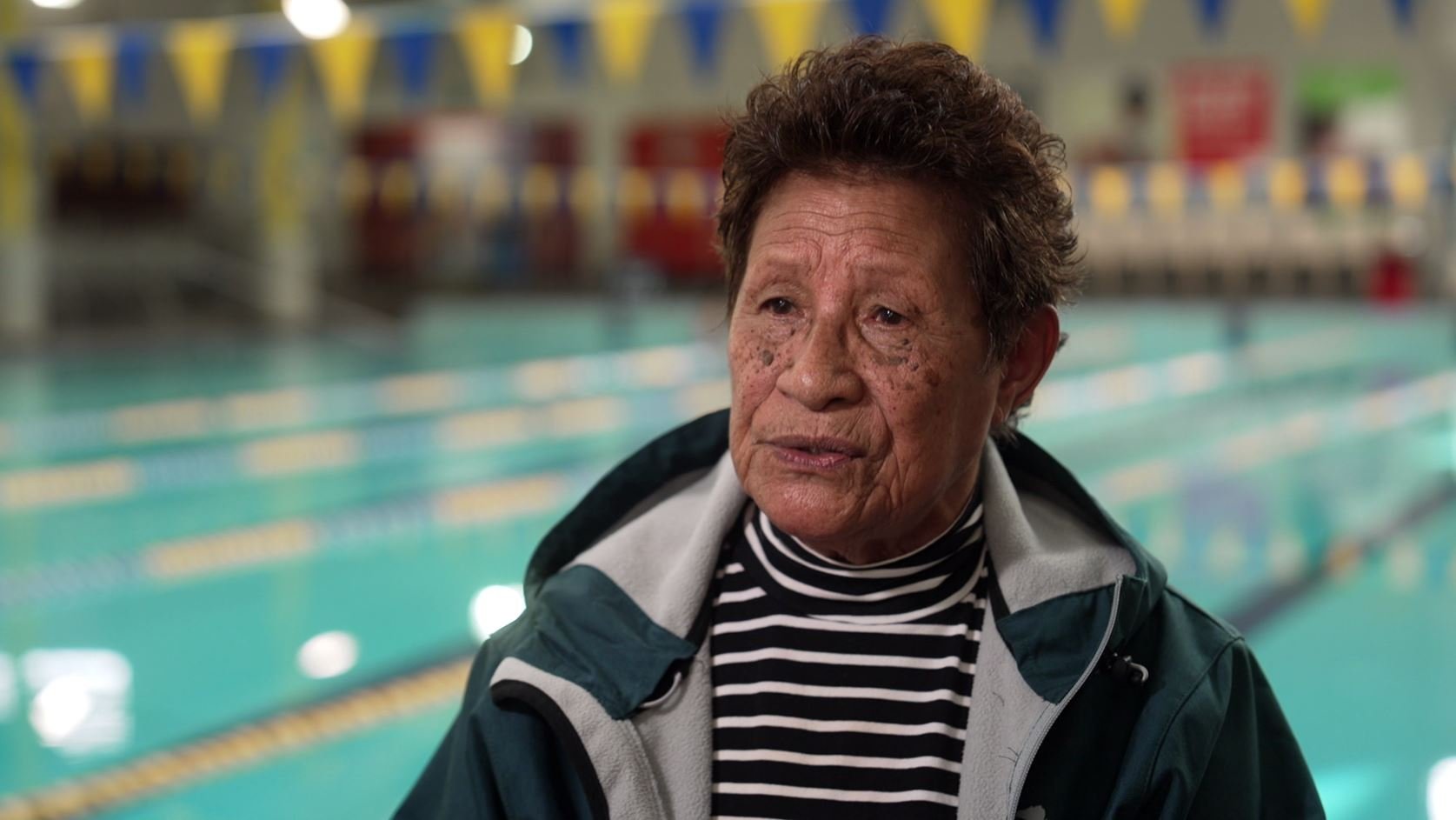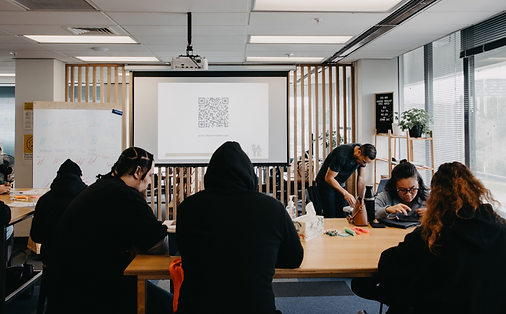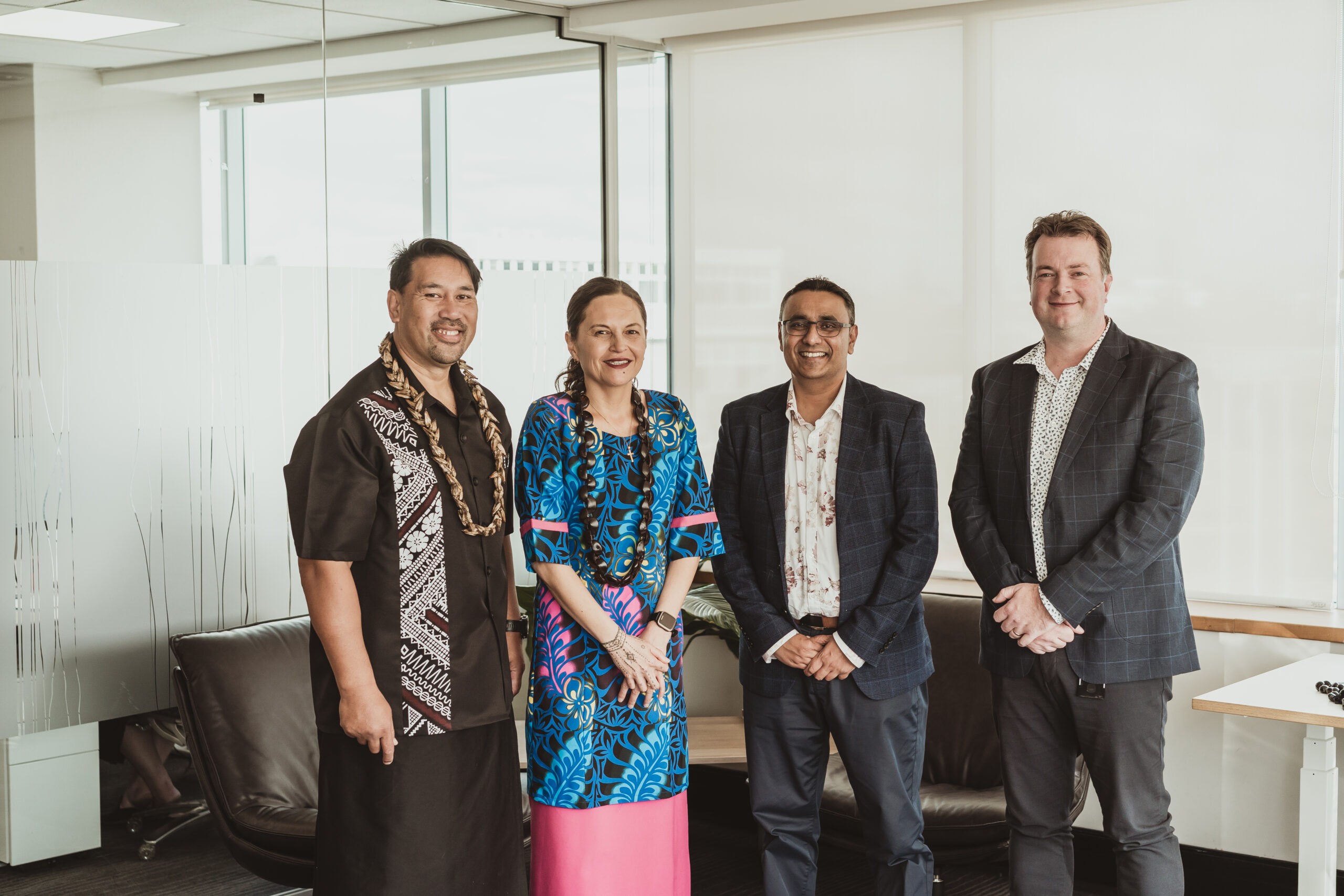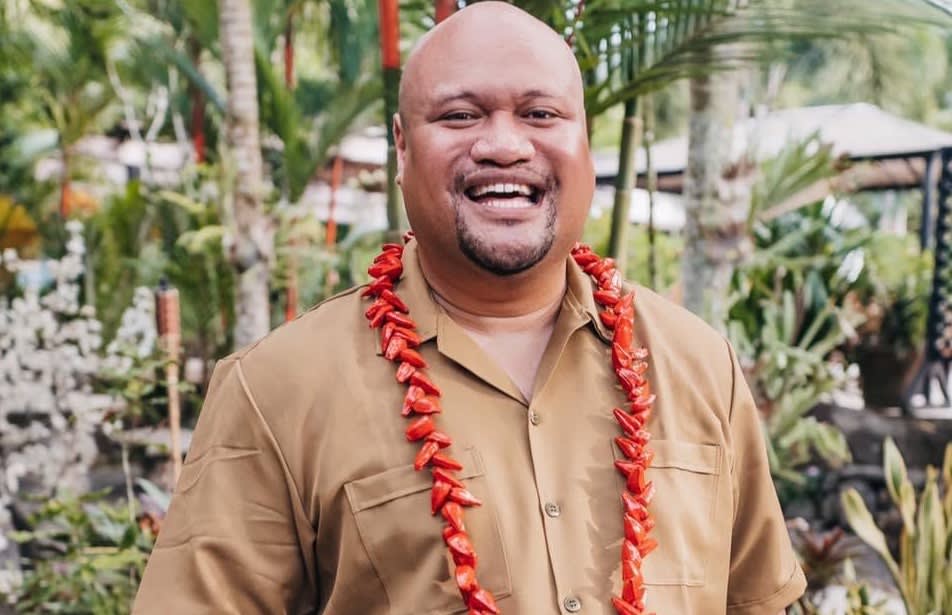
As dark economic clouds gather, businesses and households are struggling to stay afloat. Reporter Alka Prasad looks at how a recession could hurt South Auckland’s economy.
The Government is pushing ahead with public sector cost-cutting and a crack down on benefits, which is hitting South Auckland whānau and businesses, community leaders say.
On top of this, Aotearoa was in a technical recession for the last half of 2023, data from Stats NZ showed last month.
That means the economy got smaller as GDP dropped 0.3 per cent and 0.1 per cent in the September and December quarters.
Rising unemployment and benefit crackdowns
During a recession, Kiwis can expect unemployment to go up as businesses cut costs and staff.
Auckland Action Against Poverty’s Brooke Pao Stanley said rising unemployment and unaffordable housing and food – on top of Government crackdowns – have made life even harder for struggling families.
“We’re seeing a real arsenal of policies targeting front line communities and essentially telling communities that [poverty] is their fault without taking the root causes of these issues,” Stanley says.
“We had Covid a few years ago and families still haven’t found their feet yet.”

Climate change is also being felt – just last year there were massive floods in South Auckland and across our whole country, she said.
Government departments like Work and Income (WINZ) are making it harder for families to get financial support.
“It’s harder to access support from WINZ, which is diabolical given it has already been hard to access support,” Stanley says.
“We’re seeing Government departments coming down a little bit harder because they’ve been given the word from higher up that they need to ensure that people get off benefits.”
Stanley said people people are just trying to survive.
“It’s literally day to day.”
In February, the Government announced benefit sanctions would increase from June – particularly for young people.
The Ministry of Social Development would begin “work check-ins” for jobseekers who have been on a benefit for at least six months under the benefit “reset”, Minister Louise Upston said at the time.
Manawa Udy, who promotes economic development in South Auckland with help from Auckland Council’s Tātaki Auckland Unlimited (TAU), said looking for other Southside businesses to work with has become more challenging.
“In the past month or so I’ve been trying to secure some more clients and everything seems really dried up.”
Udy runs Ngahere Communities which drives economic development for South Auckland creatives and business owners while managing her own retail business, Konei.

Udy says her business model is about activating a “full ecosystem” in South Auckland to reach better outcomes for its people.
“Government plays a really important role in that because they’re a big part of this ecosystem,” she says.
Udy says Ngahere has both central Government and local Government contracts, which are at risk in the current economy.
“There’s already so many of us trying to do things for our people that rely on support and investment from Government.”
“It’s going to make community-based work and access to resources so much harder and so much more competitive,” Udy says.
“As a business owner and someone trying to build the capabilities of our people, it feels so uncertain.”
Economic development
Udy says her social enterprise supports businesses in their early to mid stages, including 11 small businesses currently using Ngahere’s co-working space in Manukau.
Another arm of Udy’s economic development business is Tukua, a networking platform currently supporting about 170 businesses.
She says economic headwinds are hitting the retail sector hard.

“Everyone is feeling it. You see what’s happening to The Warehouse all the way down to our businesses,” she says.
“I’m talking to business owners on a daily basis and at the moment everyone’s struggling with sales alone. People just don’t seem to have as much money.”
Pasifika businesses
One business at Udy’s co-working space is Vaka, founded by Andrea Fua and Jesse Armstrong.
Fua says her team started Vaka to get Pacific students engaged with 3D printing and science education after they were approached by the Ministry for Pacific Peoples.
“There are thriving Māori and Pacific owned businesses right here that have national reach, that are helping bring prosperity to lots of different people based here.”
She says the potential loss of Government contracts creates more uncertainty for the local economy.
“There’s a lot of uncertainty in our pakihi Māori and our Pasifika businesses that have in the past built solid relationships and reliability on Government contracts funding,” Fua says.

She says uncertainty is compounded by the “whiplash” of the pandemic and the confirmation of a technical recession.
Fua says Vaka works through the 3D printing process from start to finish, from installing computers, printers, storage and eveything a school needs to get engaged with 3D printing.
She says having a secure business space in South Auckland is valuable for the community.
“The relationships you build show how important it is to connect with other founders who are women, other founders who are Pacific and Māori, who just understand how lonely and how hard this journey can be.”
“There’s real power in having communal spaces. It’s really inspiring to be around other Pacific and Māori, South Auckland-based or focused businesses,” Fua says.
“In spite of the uncertainty, I have a lot of hope,” Fua says.
“It feels like we’re on the cusp of something new and exciting, like it’s winter right before spring.”












